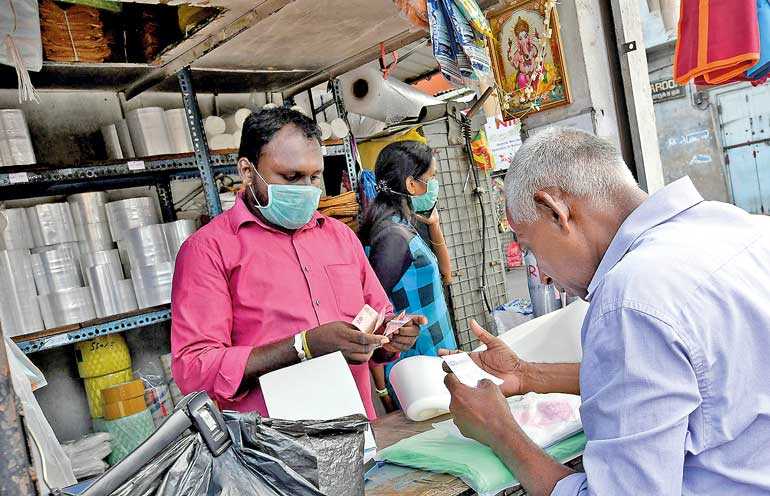Monday Feb 23, 2026
Monday Feb 23, 2026
Wednesday, 18 March 2020 00:00 - - {{hitsCtrl.values.hits}}

Civil society support is vital in pushing for immediate action by the Government through the creation of an apolitical task force of professionals appointed with the concurrence of all political parties to provide a coherent and responsive pandemic mitigation strategy – Pic by Shehan Gunasekara
By Rohana Jayaratne
On 11 March, WHO publicly characterised COVID-19 as a pandemic. In general, the State has responded to the WHO protocols required to mitigate the pandemic. However, there are many shortfalls, as listed below, which need to be addressed for improving State and citizen responsibility and accountability
Travel regulations
Responsibilities/accountability
a)State
b)Political elite
Irresponsible country leaders and their families seen on TV attending and revelling in photo opportunities at the ‘big match’ despite imposing regulations on public against holding of large gatherings
c)Citizens
Irresponsible and selfish hoarding of food, medication and household commodities by householders noted due to empty shelves in supermarkets, etc.
d)Retail/wholesale traders
Overpricing of consumer goods taking advantage of public fears of decline in stocks.
e)Schools
Irresponsible action by leading schools in holding cricket matches despite school closures as infection mitigation measure
f)Overseas visitors
Irresponsible visitors of Sri Lankan origin announcing noncompliance with self-quarantine regulations as they deem themselves ‘low risk’ or ‘corona proof’ despite arriving from high risk countries.
g)Religious leaders
Lack of cooperative and rational approach by religious leaders in refraining from practice of group gatherings in the interest of public safety.
h)Public awareness programs
Inadequate information and advice on the highly contagious nature of the disease and individual responsibility of citizens in not spreading disease. Inadequate emphasis on social distancing practices and self-quarantine measures to be adopted by public.
i)Medical services for patients
Ad hoc Government instructions to hospitals to vacate wards and discharge in situ patients in order to accommodate Covid-19 patients
j)Medical services
k)Essential public services
The above are some of the shortfalls identified which require urgent corrective action. Civil society support is vital in pushing for immediate action by the Government through the creation of an apolitical task force of professionals appointed with the concurrence of all political parties to provide a coherent and responsive pandemic mitigation strategy.
The most urgent of all concerns is the immediate postponement of the National Election in order to divert our limited financial resources to meet the life-threatening emergency facing the nation.